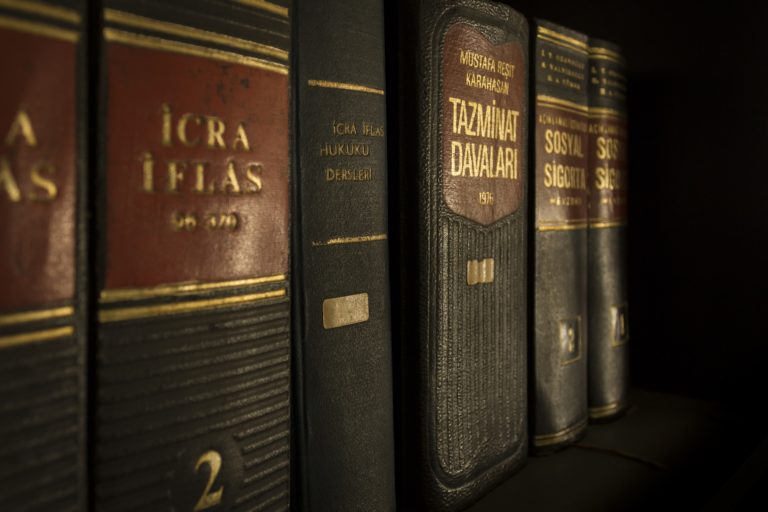
IRAs and the SECURE and CARES Acts
There have been several law changes that affect IRAs passed since December 2019.

There have been several law changes that affect IRAs passed since December 2019.

When a loved one dies, any leftover IRA funds they had, goes to whomever they labeled as beneficiaries. If you’re a beneficiary, you have to decide how you’re going to use it—a decision that’s a little more complicated this year than it normally is.

Has a loved one named you their financial power of attorney? Are you ready to take on all the responsibilities that entails? Hopefully, you won’t be called into action anytime soon, but with the coronavirus pandemic continuing, it’s something to think about.

Lawmakers in Washington are making it easier for Americans struggling with the fallout from the coronavirus to draw on the trillions of dollars in their 401(k)s and other retirement accounts.

Here are the highlights of the most recent tax changes found in the $2 trillion coronavirus relief bill, which the Senate has approved, and the House recently passed.
The stretch IRA is dead and everyone (including me) is writing about how this is the apocalypse for IRA planning. Well, it isn’t. Let’s all take a deep breath.
Under the new law, not only must all of the tax on IRAs and plans benefits be paid much earlier than it was before, but the rate will likely be much higher too, since that income will be bundled into the recipients’ peak earning years.
Congress passed an important retirement-savings law called Setting Every Community Up for Retirement Enhancement, or the SECURE Act of 2019.
These changes are so significant that every such plan holders should review their wishes and how their estate plans may be affected.